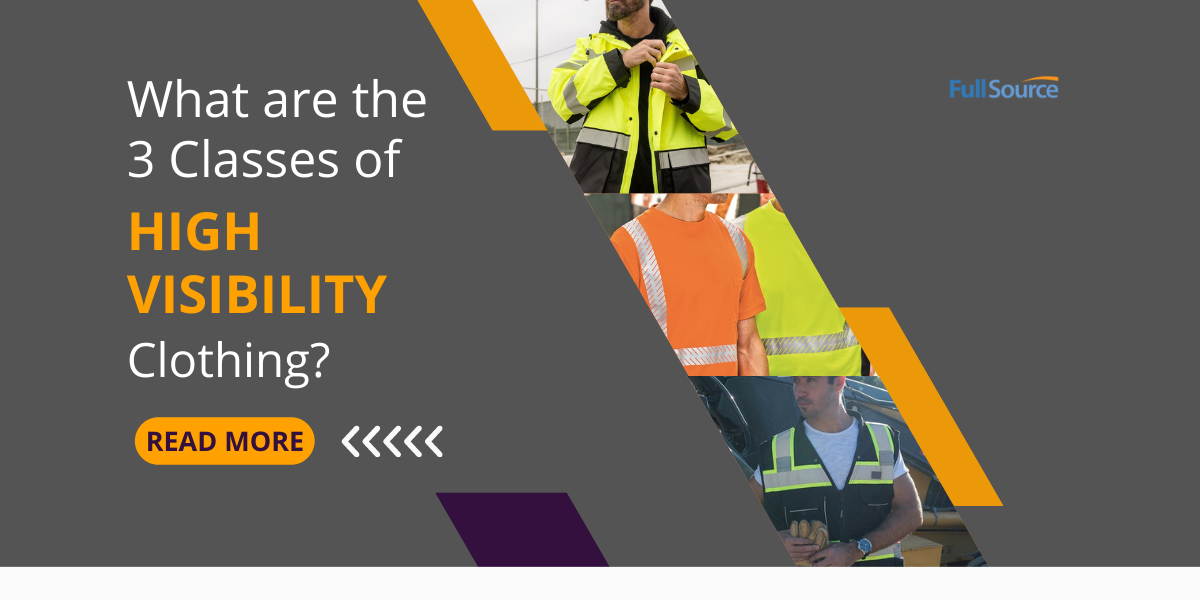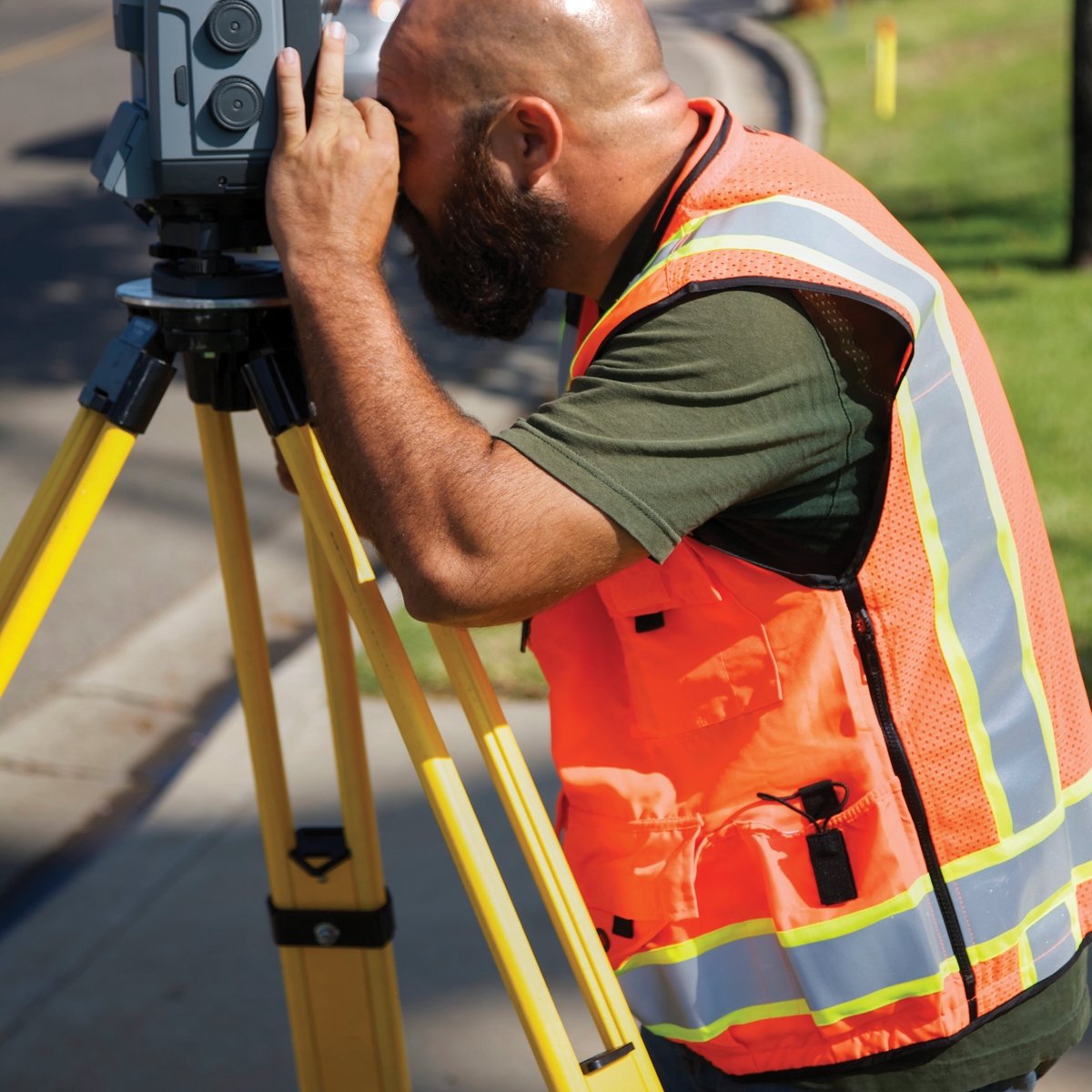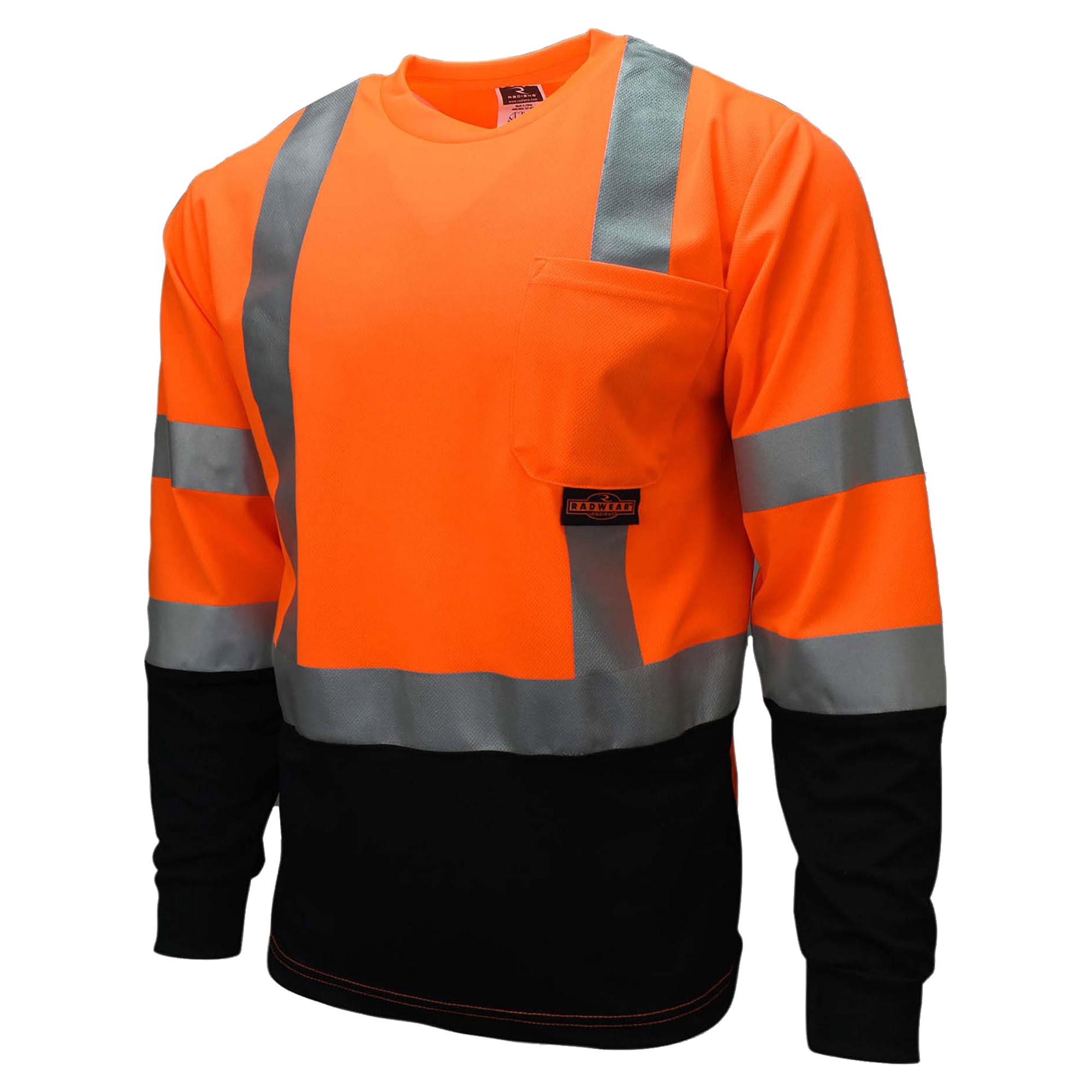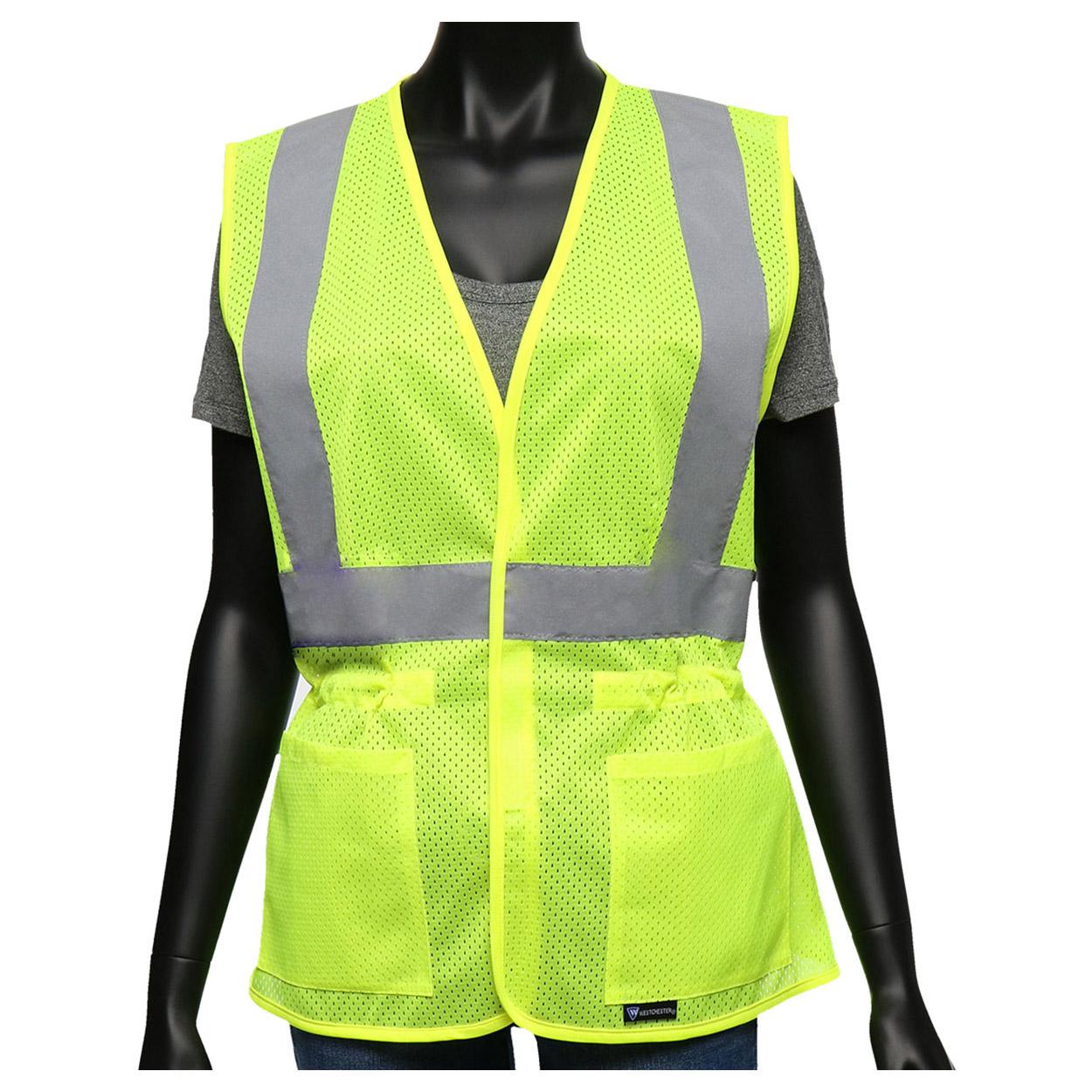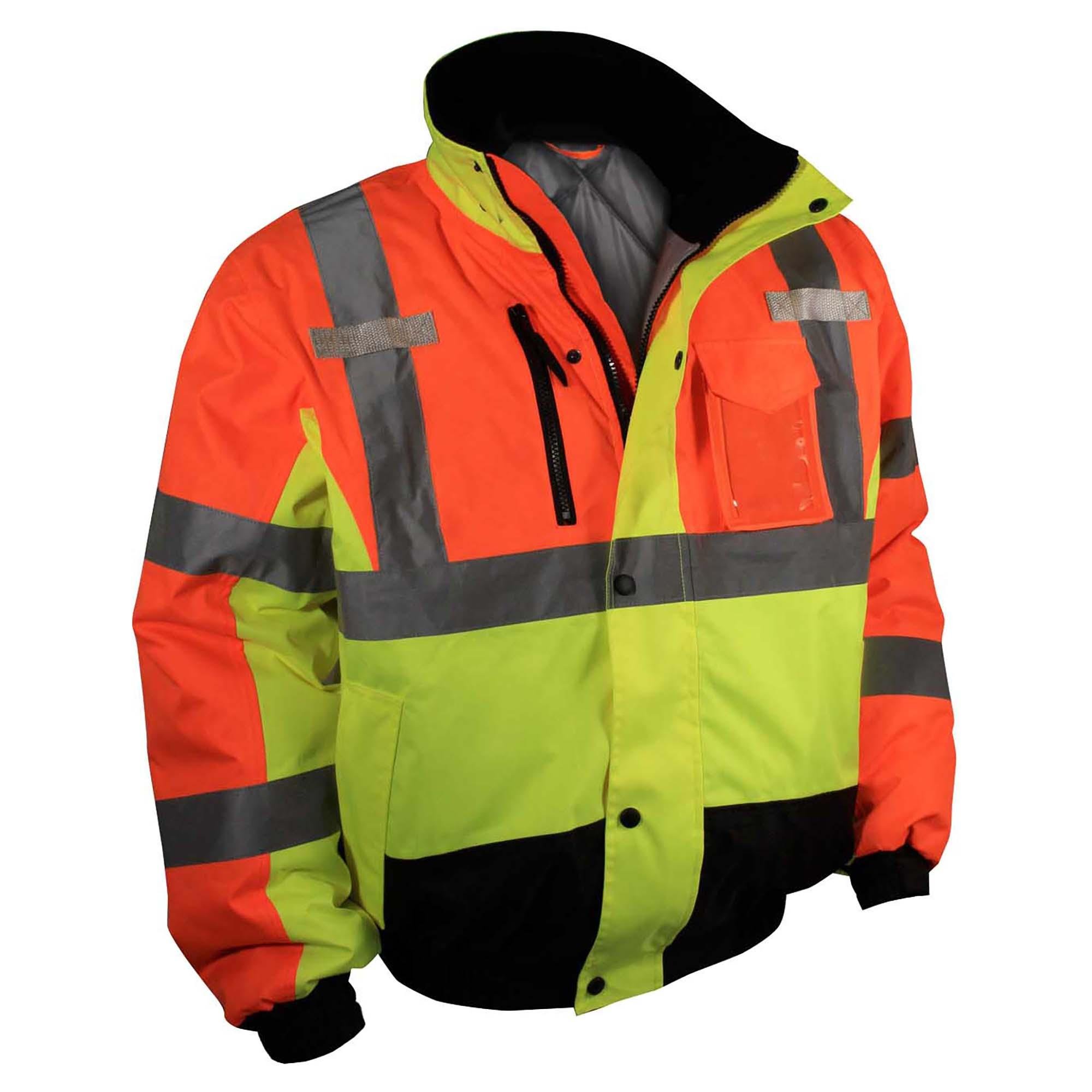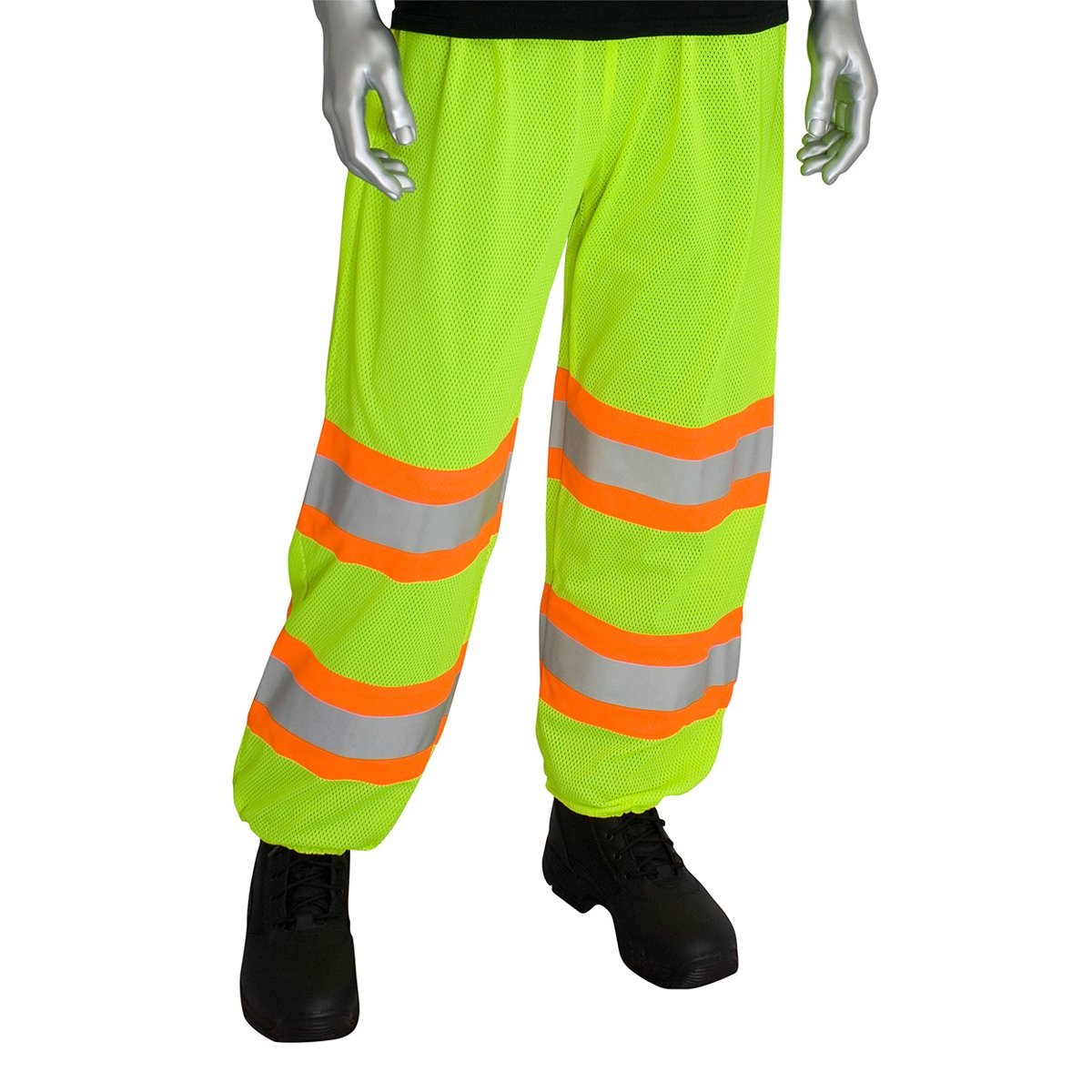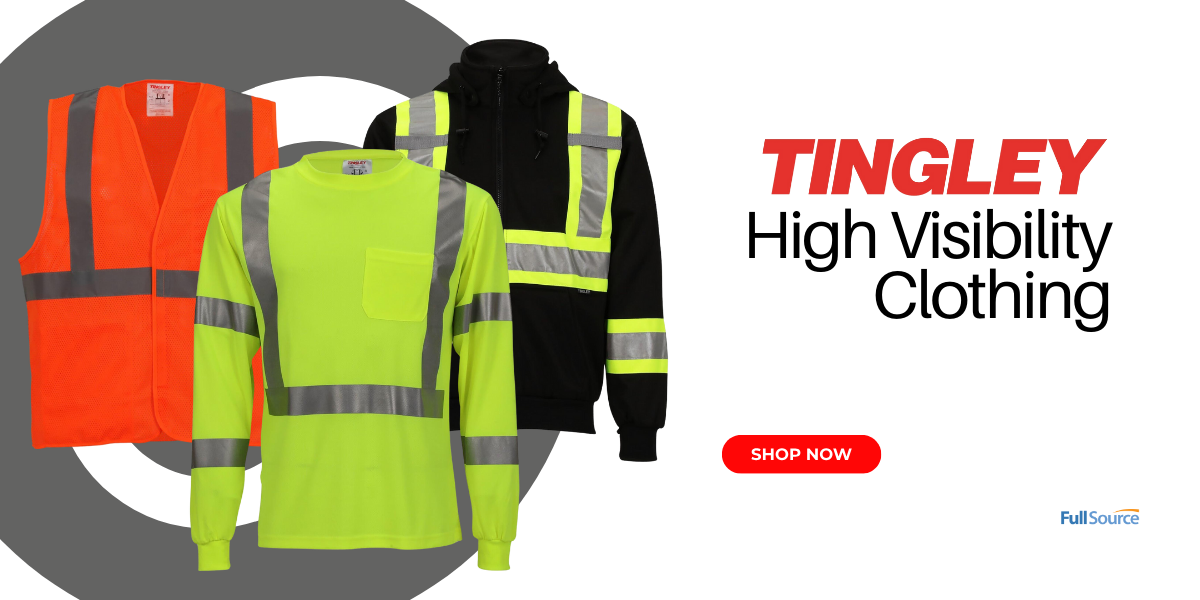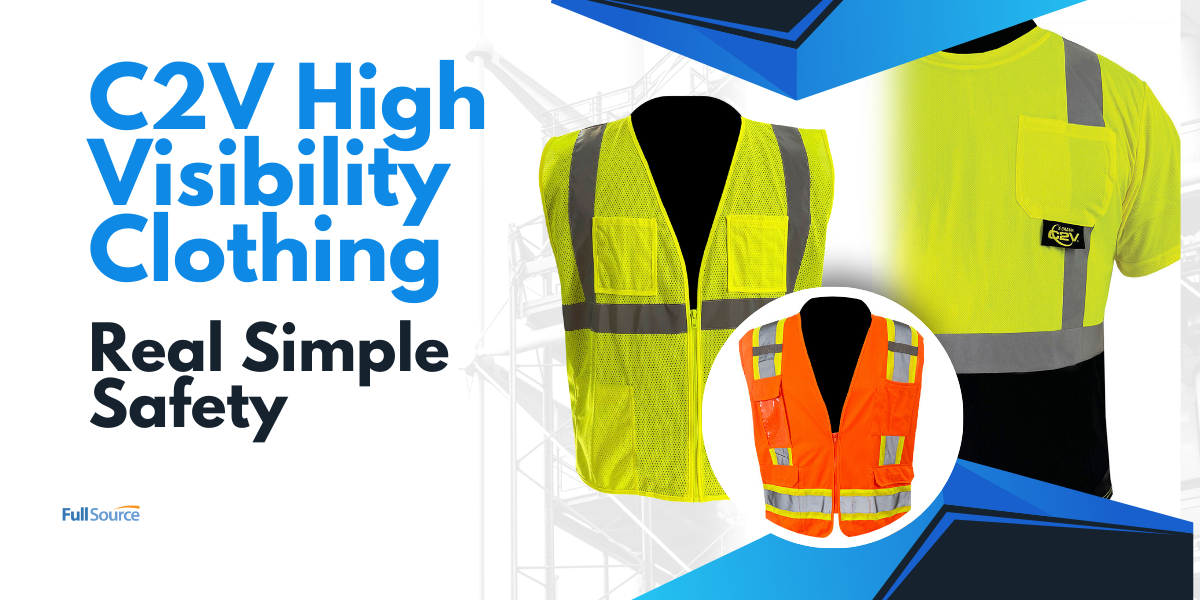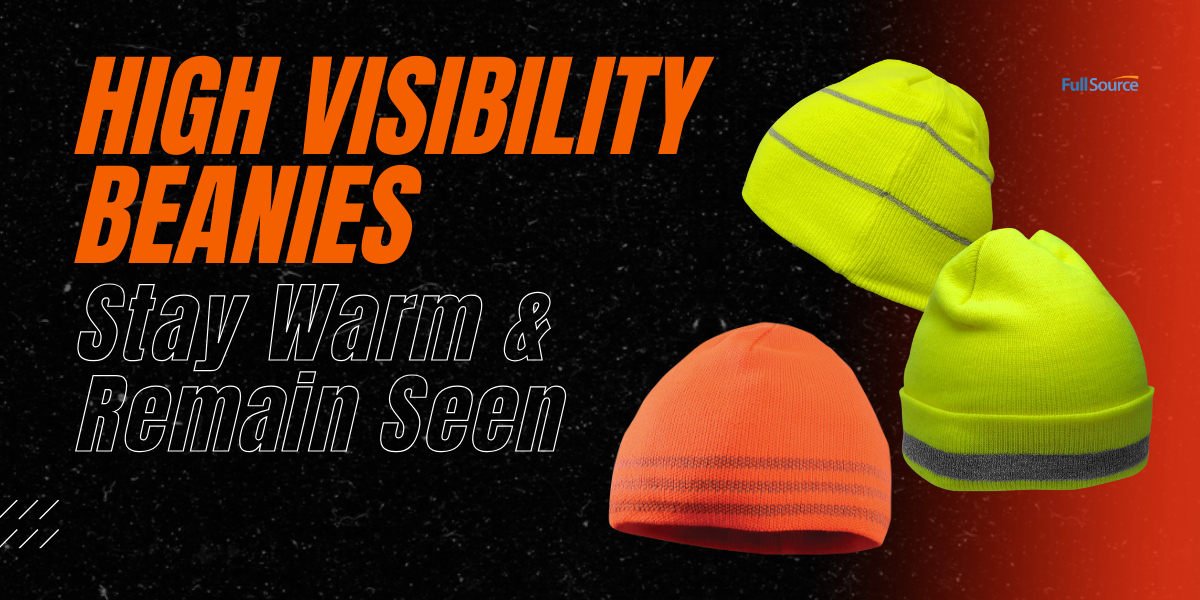Have you wondered what the 3 classes of high-visibility clothing are? It’s a well-known fact that when it comes to staying safe on the job, high-visibility clothing is essential. But did you know that manufacturers do not create all high-visibility gear equally? In fact, there are three different classes of hi-vis clothing designed for different levels of visibility and protection. Whether you’re working in construction, roadwork, or any other industry where visibility is key, understanding these classifications can make all the difference in keeping you safe and seen on the job.
Introduction to High-Visibility Clothing
First of all, as someone who spends a lot of time outdoors, you know how important it is to stay visible. Wearing high-visibility clothing is one of the best ways to do this.
There are three classes of high-visibility clothing: Class 1, Class 2, and Class 3. Each class has its own set of requirements for materials, reflective striping, and background fabric. And the American National Standards Institute (ANSI) sets these standards. High-visibility ANSI standards for work apparel create requirements intended to keep workers safe in different environments. And they range from ANSI Class 1 which is low-risk, to ANSI Class 3, which is high-risk.
Also, most safety garments like safety vests, jackets, and shirts include styles that meet ANSI standards. This clothing uses hi-vis colors like orange and yellow/lime with silver reflective tape to enhance visibility during the day and at night. And hi-vis clothing comes in styles for men and women. Select from best-selling brands like Kishigo, Radians, Pyramex, and GSS Safety. And understanding the different classes of high-visibility clothing allows you to meet job-site safety standards.
Understanding Each Class of High-Visibility
Non-ANSI hi-viz clothing is the most basic level of protection. It serves environments with minimal hazards and low speeds. This type of clothing consists of fluorescent fabrics with or without reflective stripes. However, since they do not meet ANSI class safety standards, they are considered non-ANSI high-visibility garments. Class 1 high-visibility garments do include some ANSI Type O Class I safety shirts and vests.
Class 2 high-visibility clothing offers more protection than Class I or non-ANSI clothing. It serves environments with moderate hazards and higher speeds. Manufacturers often make this type of clothing from fluorescent fabrics with reflective stripes. And there are ANSI Class 2 hi-vis clothing including safety vests, shirts, jackets, and sweatshirts.
Class 3 high-visibility clothing offers the highest level of protection. Workers wear it in environments with significant hazards and very high speeds. Manufacturers make this type of clothing from highly reflective materials with bright colors. ANSI Class 3 safety vests, for example, have sleeves that provide more fluorescent coverage and visibility on roadways.
Find the Best Fit
In addition, no matter which class of high-visibility clothing you choose, make sure it fits properly. Ill-fitting clothes can be dangerous because they can make it difficult to move or see properly. And our high-visibility clothing comes in a range of sizes for men and women. Women’s high-visibility work apparel includes styles with a feminine fit. And there are unisex one-size-fits-all options with a low-price point. Add your custom name or logo with printing or embroidery and promote your brand or business.
Wearing high-visibility clothing is an important part of staying safe while working outdoors. And understanding the different classes of high-visibility clothing can make sure you choose the right apparel for the job.
What are the Three Classes of High Visibility Clothing?
There are three primary classes of high-visibility clothing: Class 1, Class 2, and Class 3.
Class 1 garments cater to workers who face minimal exposure to vehicular traffic. These garments provide background body coverage and include items such as safety vests, bibs, and shirts. And some high-visibility safety shirts, sweatshirts, and vests meet ANSI Type O Class 1 safety standards. Wear these in off-road work environments.
Class 2 garments suit workers who frequently encounter vehicular traffic. In addition to providing background body coverage, Class 2 garments also incorporate reflective material that increases the wearer’s visibility in low-light conditions. Reflective safety vests, bibs, shirts, and jackets are all examples of Class 2 clothing.
Class 3 garments are for workers who constantly face exposure to vehicular traffic. In addition to providing background body coverage and reflective material, Class 3 garments also feature bright fluorescent colors that increase the wearer’s visibility in both daylight and low-light conditions. Examples of Class 3 clothing include safety vests, bibs, shirts, jackets, and rainwear.
The ANSI Classes
ANSI Class 1 – Worn in Low Risk Environments
There are three classes of high-visibility clothing, and each class is designed for different types of work environments. Class 1 and non-ANSI clothing is meant for workers who are employed in low-risk environments. This may encompass warehouse workers, retail employees, or any other workers who do not face exposure to moving vehicles or machinery. Class 1 clothing is often less expensive than the other two classes and offers the lowest level of visibility.
ANSI Class 2 – Worn in Medium Risk Environments
Workers in medium-risk environments should wear Class 2 high-visibility clothing. These garments provide good visibility at night and in low-light conditions. They are made from materials that reflect light well, such as hi-vis fluorescent fabric. Class 2 clothing includes items such as vests, shirts, jackets, and pants. And ANSI Class 2 hi-vis apparel comes in Type P – public safety, and Type R – roadway use.
ANSI Class 3 – Worn in High Risk Environments
Workers must wear Class 3 high-visibility clothing when exposed to traffic traveling over 25 mph and when drivers cannot see them from a distance of 1,000 feet. This class of garment must meet certain requirements for background material, reflective material, and garment construction. ANSI Class 3 high-visibility clothing is often worn by highway construction workers, utility workers, tree trimmers, and survey crews. And for example, ANSI Class 3 Type R safety vests provide enhanced visibility for workers who are in or near a public access roadway.
Advantages of Wearing High Visibility Clothes
There are many advantages to wearing high-visibility clothing, especially if you work in a hazardous environment. High visibility clothing helps to make you more visible to others, which can prevent accidents. It can also help you stay safe in low-light conditions and in areas where there is a lot of traffic. In addition, high-visibility clothing can help you stay cool in hot weather and warm in cold weather. And wearing ANSI-rated hi-vis work clothing helps you meet job-site safety requirements.
Conclusion
In conclusion, high-visibility clothing is essential for any workplace where there’s a risk of being struck by vehicles or equipment. By understanding the three classes of high-visibility clothing and making sure you wear proper attire; you can ensure that you stay safe and visible when working in hazardous conditions. No matter what type of work environment you find yourself in, it’s important to be mindful of your safety and visibility so that nothing stands between you and a successful job done safely.

